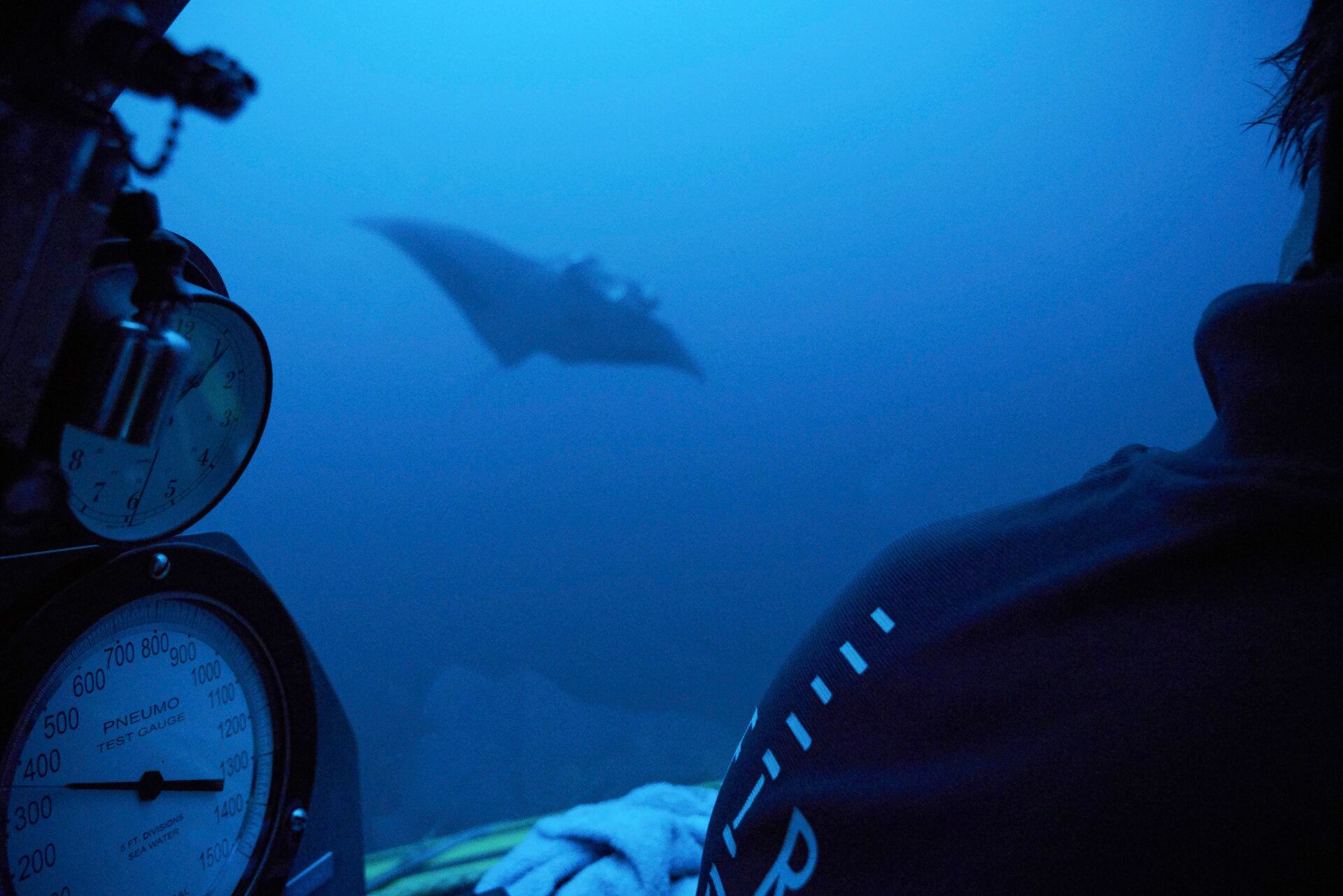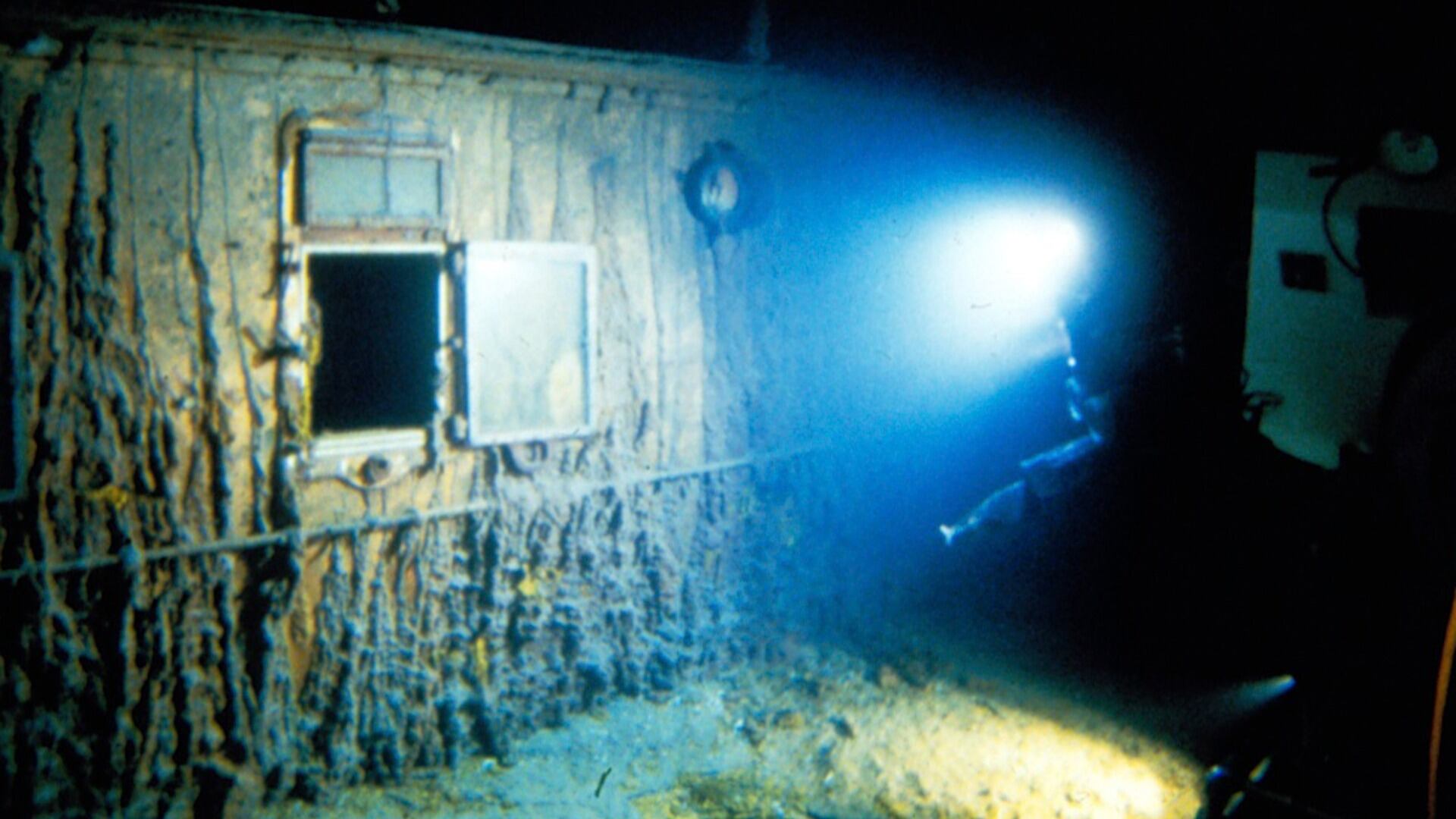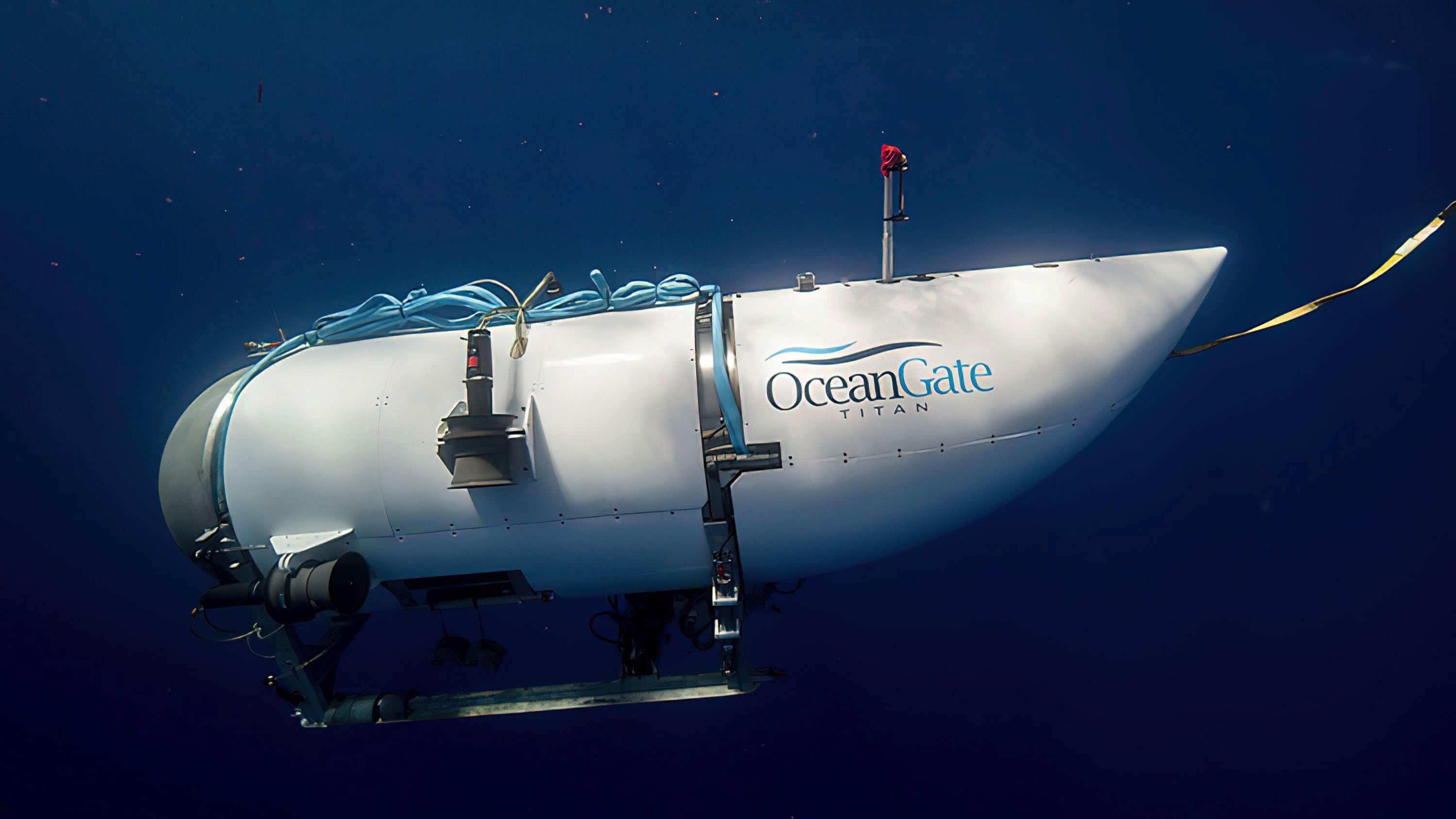MASTODON MUSEUM
A jogger in Santa Cruz, California was in for a big surprise when she discovered a gigantic molar tooth belonging to an ancient mastodon that lived on earth during the Ice Age. The woman posted a photo of the one-foot fossil on her social media over the memorial day weekend, and an employee at the Santa Cruz Museum of Natural History later confirmed the tooth belonged to a Pacific mastodon. That's a giant elephant-like creature that went extinct 10,000 years ago. Remains of the mastodon have been found in Santa Cruz before.
NEW ASTEROID DISCOVERED
Scientists have discovered a new asteroid that's been tagging along with Earth for the past 2,000 years. The space rock is called a "quasi-moon," since it's only slightly influenced by the Earth's gravitational pull, but it still makes the journey around the sun much like the earth does. The asteroid is only about 50 feet in diameter and was first observed by the Pan-STARRS Observatory in Hawaii earlier this year. Quasi-moons tend to trail Earth for just a few decades but this one has been with the earth since about 100 BC.
Be Well: Keeping Your Kids Safe During Summer Sports & Activities
Members of the United Nations adopted the first-ever treaty to protect marine life in the high seas on Monday, with the U.N.'s chief hailing the historic agreement as giving the ocean “a fighting chance.”
A search is underway for a deep-sea vessel that went missing with five people aboard after it dived toward the deteriorating wreck site of the Titanic ocean liner. What we know so far.
U.S. Hit With Record Breaking Heat Waves
It's only June and already scientists are saying it could be the hottest year on record, as the warming effects of El Niño will continue to strengthen into the fall and winter. Here with more is Cheddar News Senior Reporter Chloe Aiello.
OceanGate Expeditions on Thursday said pilot and chief executive Stockton Rush, along with passengers Shahzada Dawood and his son Suleman Dawood, Hamish Harding, and Paul-Henri Nargeolet “have sadly been lost.”
A new study on loneliness is showing it may not only affect mental health, but it may also be bad for the bones. However, the study found it impacts one group in particular: men. Amid concerns about the rising epidemic of loneliness, researchers wanted to take a closer look at its effects.
Be Well: 2-Minute Morning Stretch Routine
Be Well: Celebrity Trainer Bob Harper Talks Heart Health
A new study from Finland found that "night owls," or people who tend to stay up late, don't live as long as those who go to bed early and wake up early as well.












